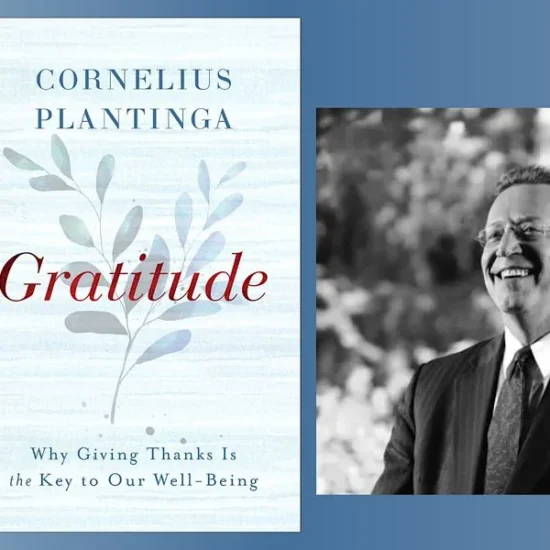It is good to have a national day of thanksgiving. And Thanksgiving Day 2014 is fast approaching.
For most people, the day of thanksgiving may bear little resemblance to the earliest days of gratitude for a good harvest celebrated almost as long as times of harvest in rural settings in cultures that long predated America itself.

Bill Webb
|
Today, many Americans trace the tradition to 1621 in Plymouth, Mass., when pilgrims realized an outstanding harvest, gave thanks for it and celebrated it with a meal. That first observance was neither official not annual. However, from the time of the Founding Fathers until the presidency of Abraham Lincoln, the celebration was observed periodically, and the date varied from state to state.
Lincoln in 1863 declared that Thanksgiving Day would be celebrated nationally the last Thursday of November, but that did not become normalized until after the Civil War and reconstruction were complete. In late 1941, Franklin D. Roosevelt signed a joint resolution of Congress designating Thanksgiving Day as the fourth Thursday of November.
Americans are taught at an early age that this day is intended to demonstrate gratitude not only for the bounty of a grand harvest — realized by the first English settlers on American soil — but for the blessings of comfortable homes, loving families, various American freedoms, certainly religious freedom and the like.
Traditionally, families — sometimes extended families — gather for the holiday’s focal point, a grand meal that often will include a roasted turkey with all the trimmings, perhaps another meat or two and several different homemade pies. Some of us learned that to truly celebrate meant to partake not only of a plateful of food but to stuff ourselves on “seconds.”
The federal holiday celebrated universally on the same day has come to mean different things to different Americans, especially during the last two or three generations.
Ask a dozen people about the importance of Thanksgiving Day and the answers will vary somewhat. Some families will schedule lunch — or Thanksgiving dinner — around professional football games, scheduled back to back to please fans who are grateful for a one- or two-day respite from work.
Either the day before or the morning of Thanksgiving, newspapers overflowing with ad sections and as plump as stuffed turkeys will appear to point toward the next big holiday — Christmas.
To increasing numbers of the population, Thanksgiving Day is not so much an end in itself as it is a signal to become obsessed with something else — frantic, competitive shopping in anticipation of Christmas.
Black Friday — as we refer to the day after — dwarfs Thanksgiving Day in intensity and unfortunately in importance for many. Likely this is not lost on upcoming generations, especially on Thanksgiving Day 2014.
More and more retailers will start their Black Friday sales at 5 p.m. on Thanksgiving this year rather than at 5 a.m. (or earlier) on Friday.
Local news stations will record the most earnest of shoppers gathering in lines outside stores a day or several hours before opening. The lines sometimes wrap around big box stores as shivering, dedicated shoppers aspire to snatch the most sought after — and most heavily discounted — electronic or clothing items, even though these items will be in limited supply.
Many preachers and commentators, not to mention editorial-writers, will lament that something has been lost of Thanksgiving Day as a result of the add-ons.
Thanksgiving seems to have evolved into a celebration of plenty, where those who have plenty of disposable income — even those who don’t — seem to delight in spending on a grand scale. Is gratitude then primarily to be expressed in an orgy of spending? One could get that idea.
Not everyone is in a position to live this way, of course. Even in America, many families survive day to day, some of them meal to meal. These people, perhaps more than most of us, could relate to most residents of Palestine in Jesus’ day, where parents hoped for a day of work to make it possible to eat that day or maybe the next.
Many such families will pause on Thanksgiving Day, probably gathering around tables not nearly as well decorated or as full of rich foods and desserts, and will give thanks. They have learned to be grateful for what they have, sometimes not much more than each other.
Ultimately, gratitude is not really triggered by the plenty that people experience in their lives. Or circumstances. Among the faithful, gratitude — thanksgiving, if you will — acknowledges the ultimate provider and sustainer, no matter how insignificant the provision might seem in comparison to another person’s.
We all have observed people like this, both in our own culture and in others. Some have little through no fault of their own while others may be wealthy by comparison. When we choose to learn from them, our own capacity for gratitude and the expression of genuine thanksgiving matures and grows.
It’s good to have a day of thanksgiving. It’s even better to live a life of continual gratitude. Surely this is the desire of people of faith.
Bill Webb is editor of Word & Way.




